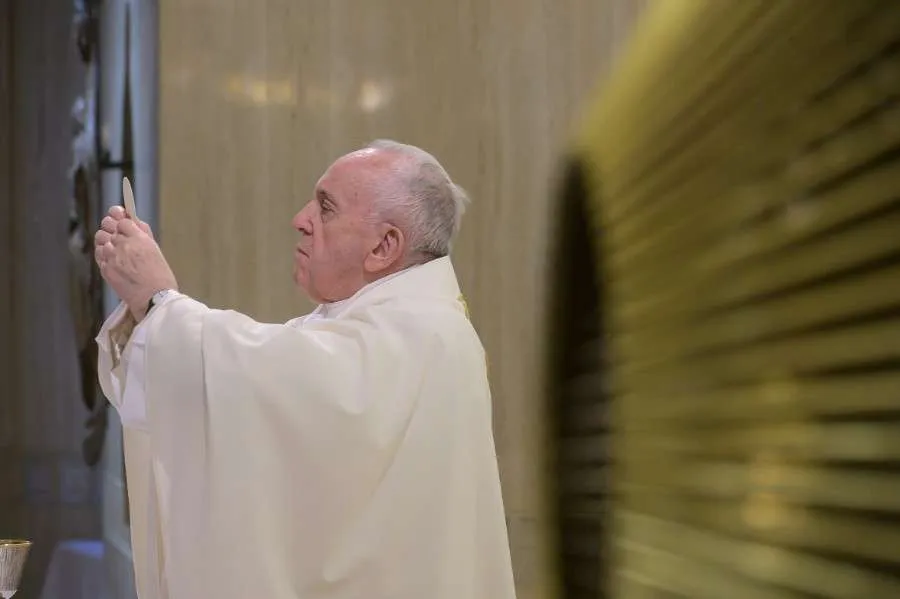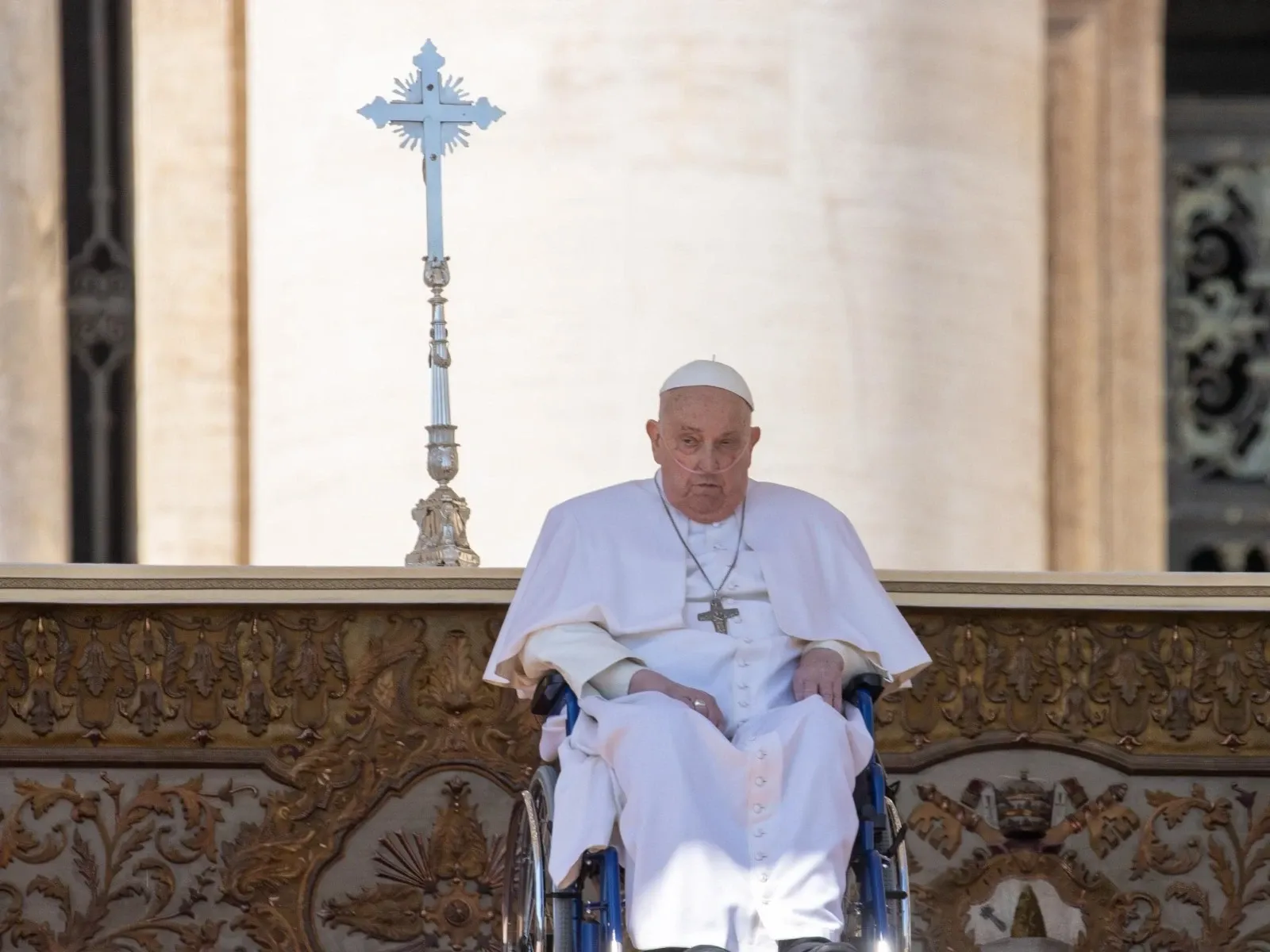The apostles refused to obey, the pope said, replying with “courage and frankness” that it was impossible for them to remain silent about what they had seen and heard.
Ever since then, he explained, courage and frankness have been the hallmarks of Christian preaching.
The pope recalled a passage in the Letter to the Hebrews (10:32-35), in which lukewarm Christians are urged to remember their early struggles and regain their confidence and candor.
“You cannot be Christian without this frankness: if it does not come, you are not a good Christian,” he said. “If you don't have the courage, if to explain your position you slide into ideologies or casuistic explanations, you lack that frankness, you lack that Christian style, the freedom to speak, to say everything.”
Peter and John’s frankness confounded the leaders, elders and scribes, he said.
“Really, they were cornered by frankness: they didn't know how to get out of it,” he observed. “But it didn't occur to them to say, ‘Could this be true?’ The heart was already closed, it was hard; the heart was corrupt.”
The pope noted that Peter was not born brave, but had received the gift of parrhesia -- a Greek word sometimes translated as “boldness” -- from the Holy Spirit.
“He was a coward, he denied Jesus,” he said. “But what happened now? They [Peter and John] answered: ‘Whether it is right in the sight of God for us to obey you rather than God, you be the judges. It is impossible for us not to speak about what we have seen and heard.’”
“But where does this courage come from, this coward who has denied the Lord? What has happened in this man's heart? The gift of the Holy Spirit: frankness, courage, parrhesia is a gift, a grace that the Holy Spirit gives on the day of Pentecost.”
“Just after receiving the Holy Spirit they went to preach: a little brave, something new for them. This is consistency, the sign of the Christian, of the true Christian: he is courageous, he says the whole truth because he is consistent.”







